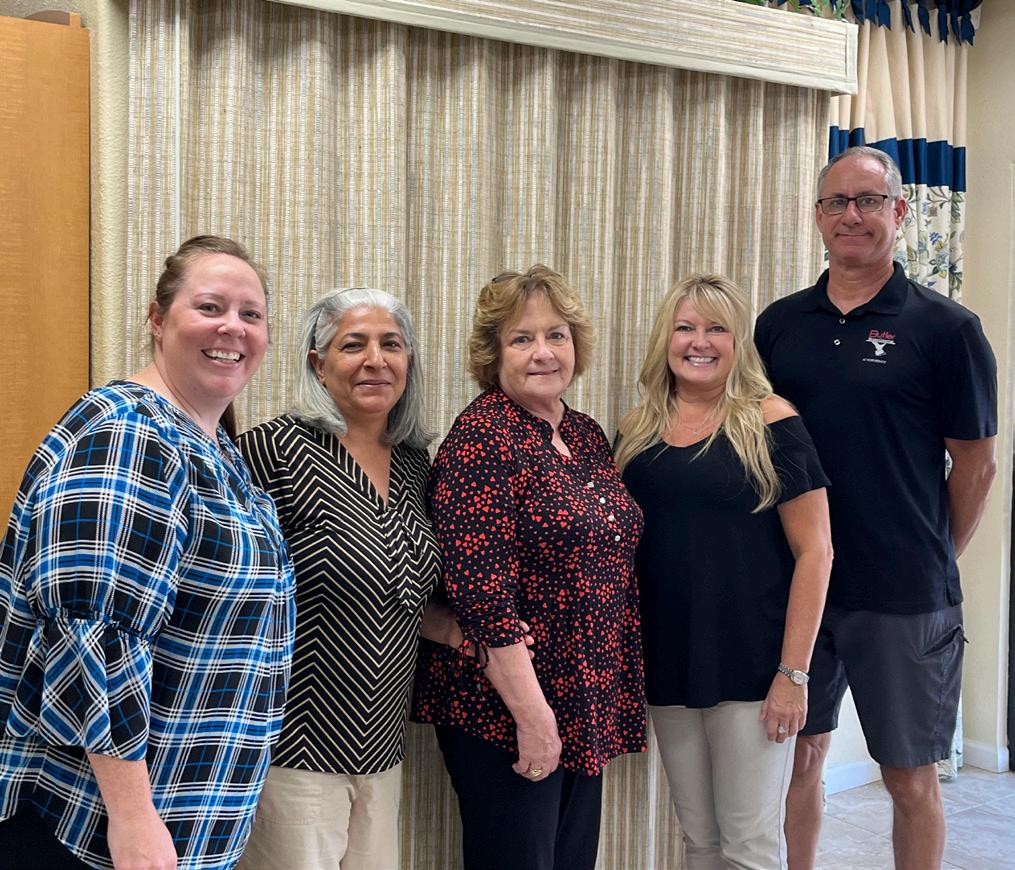
1 minute read
ASK QUESTIONS
As a caregiver for a loved one, it’s imperative for you to understand the family’s finances, because if there is a shortfall, it can impact your finances. Unfortunately, gaining a clear picture may not be easy—as money is never an easy conversation to start. Following are some ideas to help start a productive conversation.
In order to gain a complete financial picture, you’ll need to ask several questions:
• Can your loved one have mortgage and other companies send you copies of their monthly statements?
• Do you have a grasp of their Social Security and work benefits, savings, investments, liabilities, living expenses and more?
• Is there a mortgage on their home? Can and should they stay where they are? And if so, will they need to pay for home modifications (i.e. ramps, grab bars, widening doorways, or adding another bathroom)?
• If they have to move to independent living or another kind of long-term care, do they have the finances to cover those expenses?
You also may need to know how they can adjust their current finances.
• Is there a way to minimize expenses, or are there assets that can be sold?
• If they own a home and are short on money, does it make sense to consider getting a reverse mortgage? The equity can be used for living expenses, hired help, or anything else.
• Is there an annuity, or any other investments that can be liquidated to help with care?
Since health care is the most significant cost when caring for a loved one, you’ll need to find out if they have long-term care insurance, and if so, what does it cover—and not cover? Also, you will need to understand Medicare and, for those on limited budgets, Medicaid. The government’s Medicare Rights Center has a national telephone helpline to help individuals understand benefits, choose the right coverage, and steer you to programs that help people on low or fixed incomes pay Medicare costs.
Additionally, the National Council on Aging offers a free service for low-incomes seniors to determine if they’re eligible for financial help with food, medication, utilities, health care, housing, transportation and other needs.
Hopefully, gaining a basic understanding of your loved one’s finances, will eliminate unnecessary financial frustrations as you embark on your caregiving journey.






























